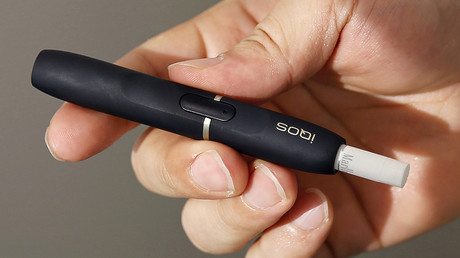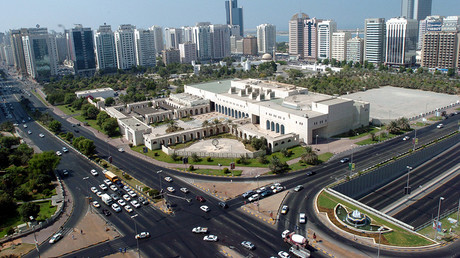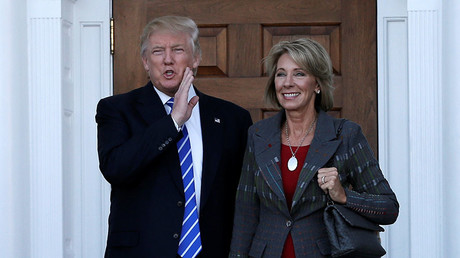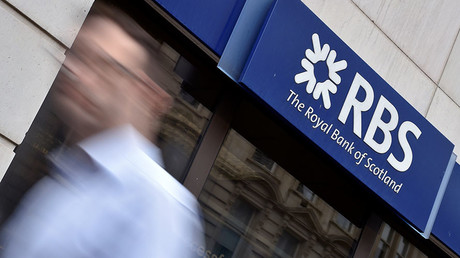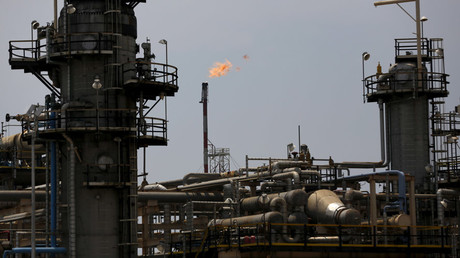“I believe there will come a moment in time where I would say we have sufficient adoption of these alternative products… to start envisaging, together with governments, a phase-out period for cigarettes,” CEO Andre Calantzopoulos said in an interview with the BBC.
“I hope this time will come soon,” he added.
As the world’s biggest cigarette maker Phillip Morris gets most of its profits from selling traditional cigarettes. While the number of regular smokers is falling, by 2025 there will be still a billion of them, said Calantzopoulos.
Phillip Morris is now selling smokeless cigarettes in more than ten markets, including Japan, Switzerland, and Italy. The company says their electronic cigarette heats up tobacco enough to produce vapor without burning it. Its competitors Japan Tobacco International and British American Tobacco are also investing in similar products.
Phillip Morris has invested over $2 billion into cigarettes with “reduced risk.”
Smoking kills about 6 million people globally every year, according to the World Health Organization.
“If smokers switch to electronic cigarettes or other products that can be shown to cut the risks to their health, this could lead to a big improvement in public health,” said Deborah Arnott, chief executive of UK health charity Action on Smoking and Health, as quoted by Reuters.
However, such claims from cigarette makers need a double-check, she warned.
“We need independent evidence to support any claims made by the tobacco industry,” said Arnott.
Article source: https://www.rt.com/business/368708-philip-morris-cigarettes-phase-out/?utm_source=rss&utm_medium=rss&utm_campaign=RSS
